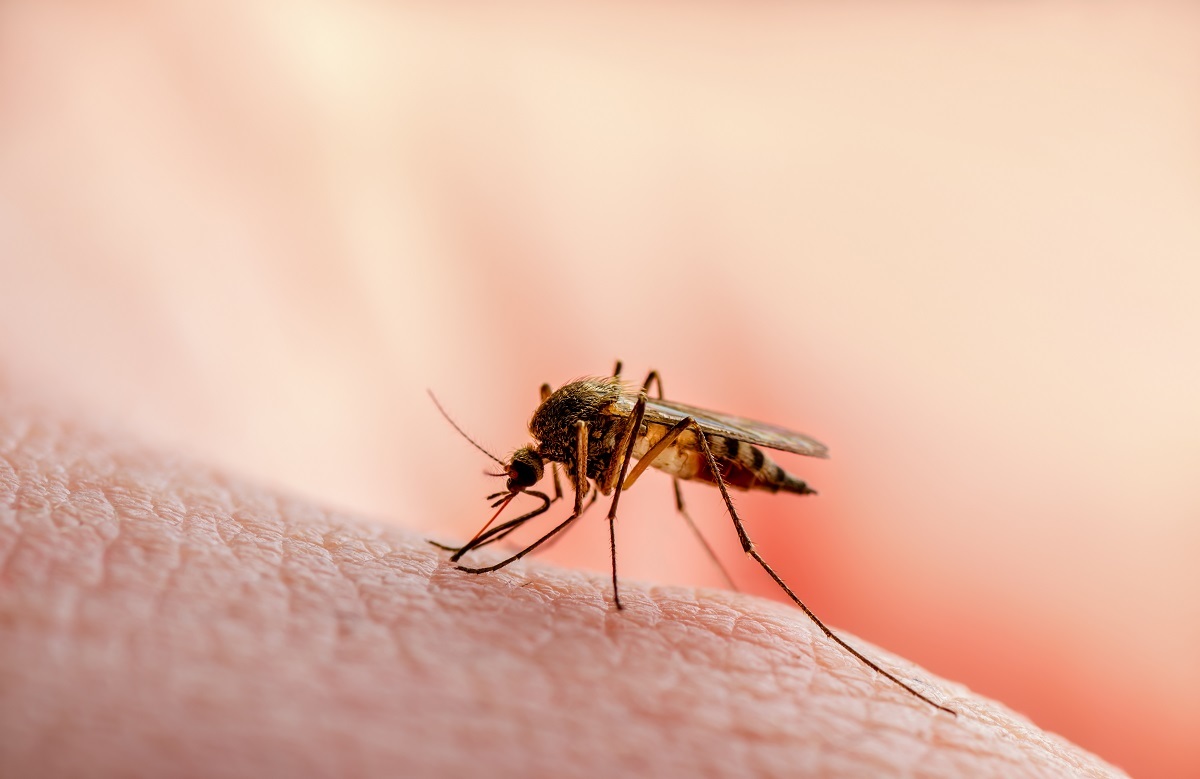
Massachusetts reports first West Nile virus human case, first EEE animal case this year
State health officials are reporting the first human case of West Nile virus and the first EEE animal case this year, as DPH urges residents to “take precautions to avoid mosquito bites.”
The person infected with West Nile virus is a man in his 40s, who was exposed in Hampden County, according to the Massachusetts Department of Public Health. The EEE (Eastern equine encephalitis) infection was diagnosed in a horse exposed in Plymouth.
Mosquito samples collected in Dedham also tested positive for EEE. These findings raise the EEE risk level to high in Plymouth and to low in Dedham.
This is in addition to the two communities currently at high risk for EEE: Carver and Middleboro. There are 12 communities already at moderate risk for EEE: Amesbury, Groveland, Halifax, Haverhill, Kingston, Merrimac, Newburyport, Plymouth, Plympton, Salisbury, Wareham, and West Newbury.
The risk of West Nile virus human infection is moderate in the Greater Boston area (Middlesex, Norfolk, and Suffolk counties), and in parts of Bristol, Essex, Hampden, Plymouth, and Worcester counties.
“Historically, August and September are the months when most people are exposed to West Nile virus in Massachusetts,” said Public Health Commissioner Robbie Goldstein. “This is also the first year with elevated EEE activity since our last outbreak in 2019 and 2020.
“Populations of mosquitoes that can carry and spread these viruses are large this year and we continue to see increases in the number of EEE- and WNV-positive mosquito samples throughout the state,” Goldstein added. “Residents should continue to take precautions to avoid mosquito bites.”
Related Articles
West Nile virus detected in Massachusetts for first time this year
West Nile virus is usually transmitted to humans through the bite of an infected mosquito. There were six human cases and no animal cases last year. No animal cases of West Nile virus have been detected so far this year.
EEE is a rare but serious and potentially fatal disease that can affect people of all ages. EEE is generally spread to humans through the bite of an infected mosquito.
There were 12 human cases of EEE in Massachusetts in 2019 with six deaths, and five human cases with one death in 2020. There were no human cases of EEE in Massachusetts in 2021, 2022, or last year. No human cases of EEE have been detected so far this year.
“We continue to recommend taking steps to prevent mosquito bites until the first hard frost,” said State Epidemiologist Catherine M. Brown. “People should use mosquito repellent with an EPA-registered active ingredient, clothing to reduce exposed skin, and consider rescheduling outdoor activities that occur during the evening or early morning.”


